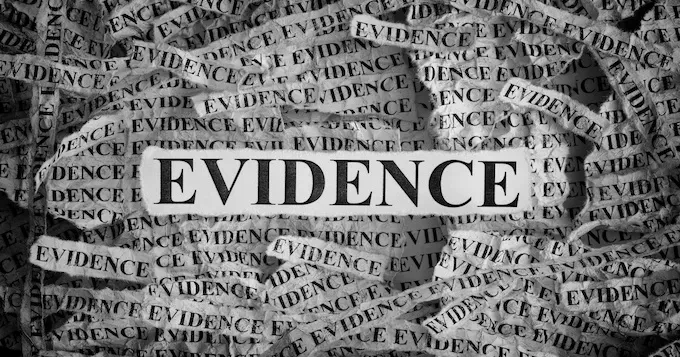Table of Contents
The Bible is not afraid to give evidence. As we’ve been reflecting on, faith/belief/trust is not an irrational religious experience in spite of all evidence; rather, faith/belief/trust is a common human activity of trusting what we are persuaded is true. And – whether we require little or lots – this usually involves proof.
It is a great comfort to realise that the New Testament writers recognised the need for evidence in the preaching of its message. Take, for example, the way Luke opens his gospel, both his investigative method and his purpose in writing:
Many have undertaken to draw up an account of the things that have been fulfilled among us, 2 just as they were handed down to us by those who from the first were eye witnesses and servants of the word. 3 With this in mind, since I myself have carefully investigated everything from the beginning, I too decided to write an orderly account for you, most excellent Theophilus, 4 so that you may know the certainty of the things you have been taught. (Luke 1:1-4).
It’s not ‘mathematical proof’: it’s ‘historical proof’ or ‘legal proof’. It’s proof so that we can trust (believe) the gospel. It’s the accumulation of evidence that points to the irrefutable truth that Jesus is God’s Christ, the fulfilment of God’s promises, and that he has the word of eternal life.
Thomas, however, refused to accept the eye-witness testimony of others (John 20:25). He wanted to see the risen Jesus with his own eyes rather than rely on the evidence of others. So Jesus gave him the evidence, and invited Thomas to touch his hands and sides (20:25-29)!
People often interpret Thomas’ desire for evidence-based faith as inadequate faith. But this entirely misunderstands the passage. Thomas after-all believes the evidence when Jesus gives him evidence! No, Thomas’ struggle was not with evidence, but the need to rely on the evidence reported by others.
And it is harder to trust in this way, but blessed is the one who does. Notice who Jesus commends in John 20:29: the person who can rely on eyewitness testimony. 'Because you have seen me, you have believed; blessed are those who have not seen and yet have believed’ (20:29).
Jesus is not here commending a blind or ‘leap in the dark’ faith. It’s telling that in the very next verse John explains why he told us not just that story, but every story in his gospel:
Jesus performed many other signs (ie, evidence) in the presence of his disciples, which are not recorded in this book. 31 But these are written that you may believe that Jesus is the Messiah, the Son of God, and that by believing you may have life in his name. (John 20:30-31)
In other words, John gives us eyewitness testimony so that we can believe Jesus! How good is it that God not only gives us to believe the gospel, but gives us all we need to be confident that the gospel of Jesus is true.









